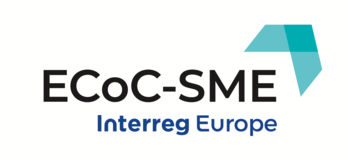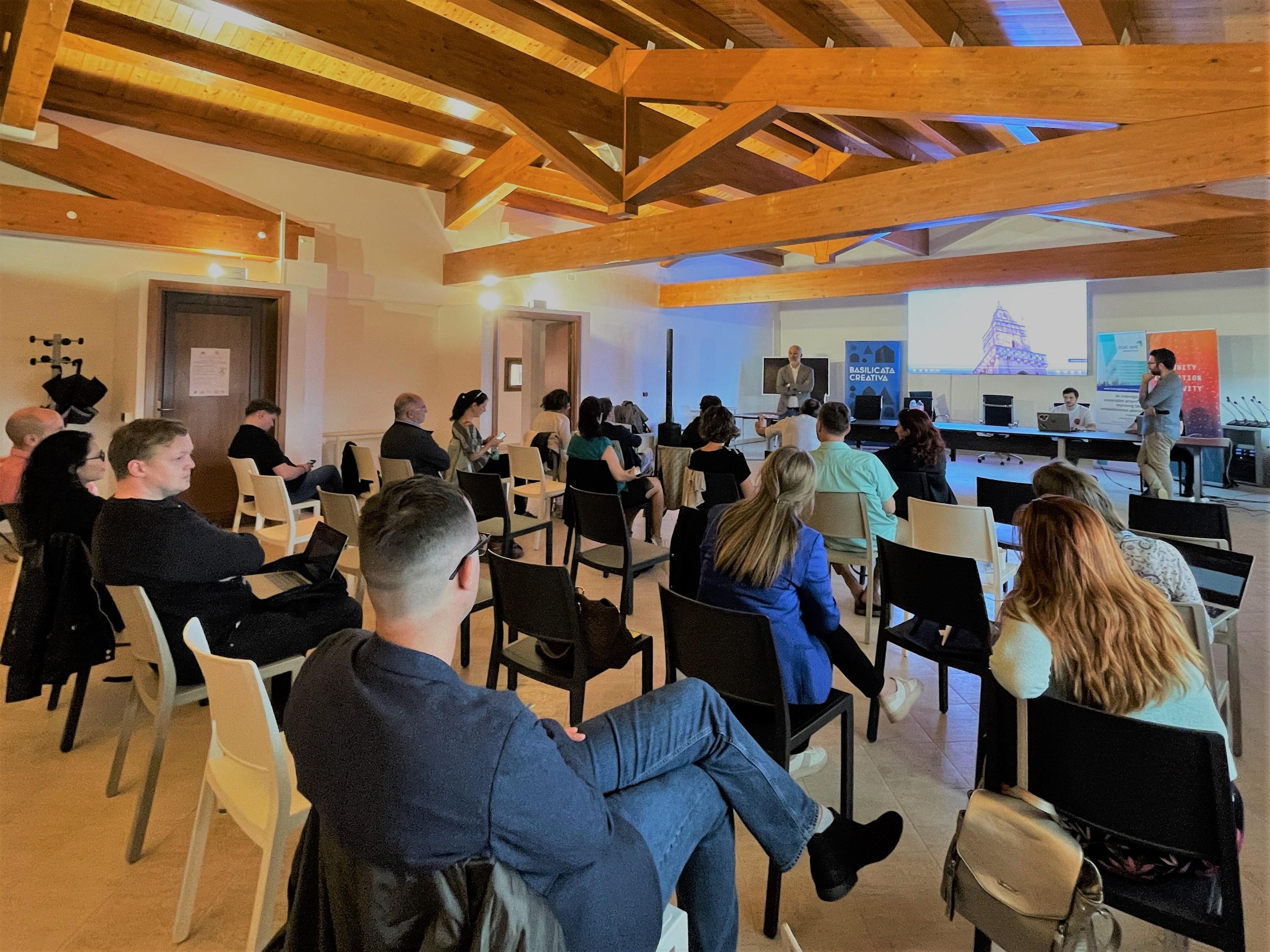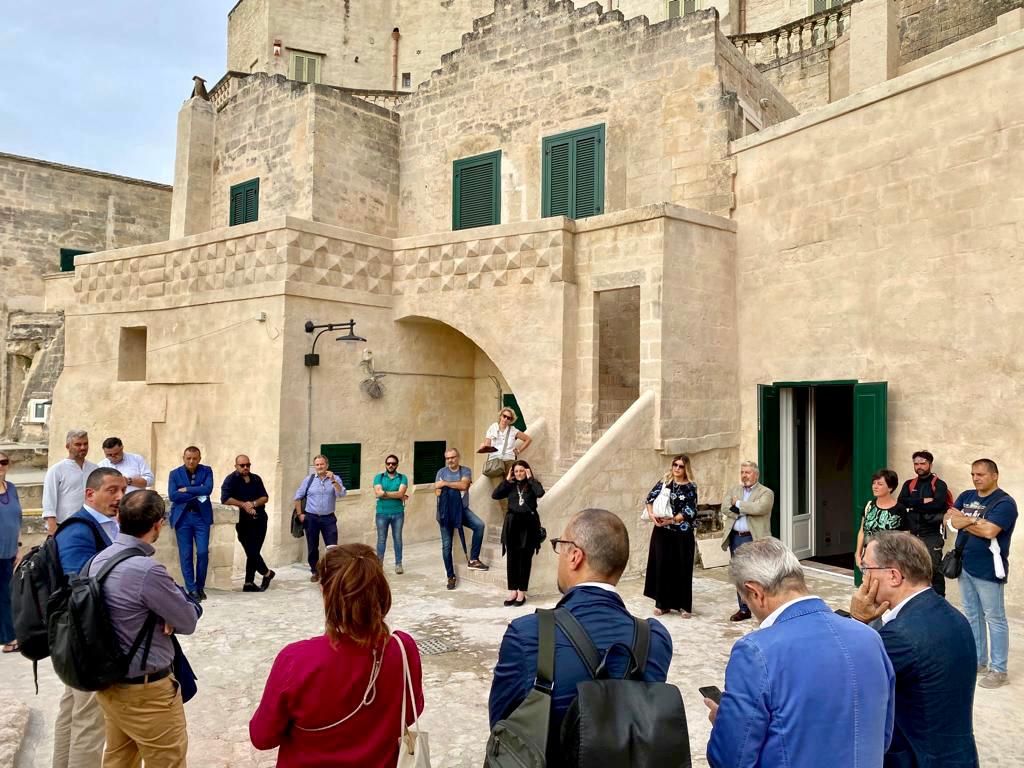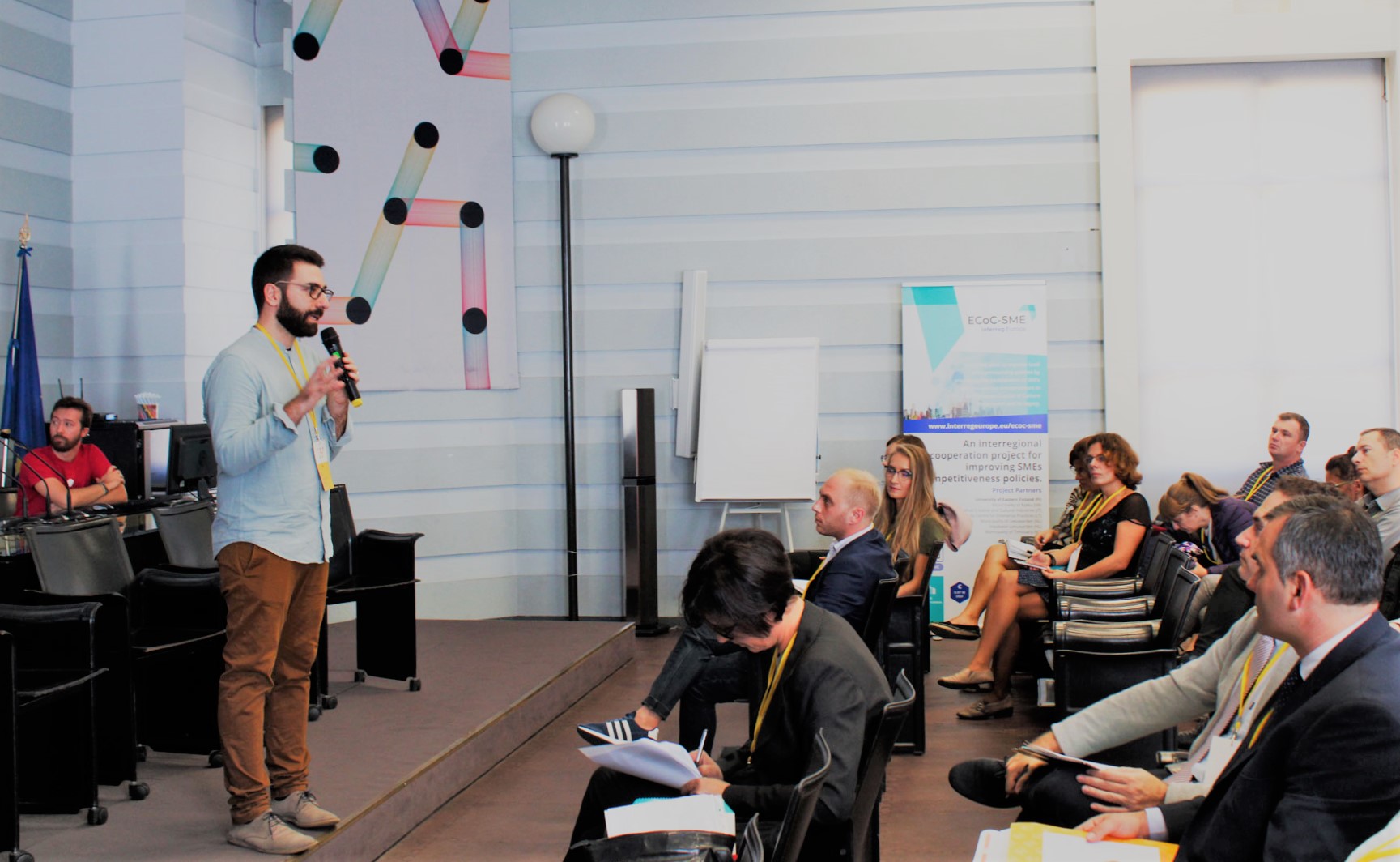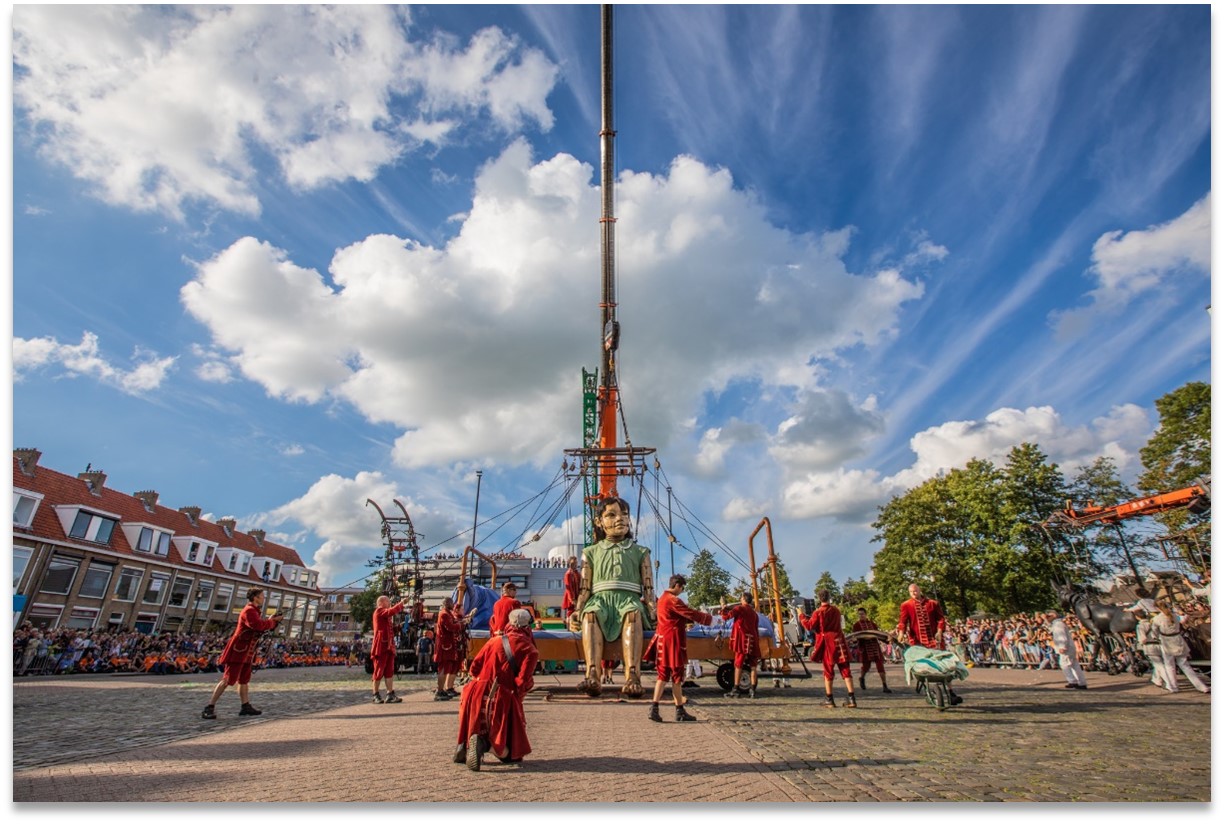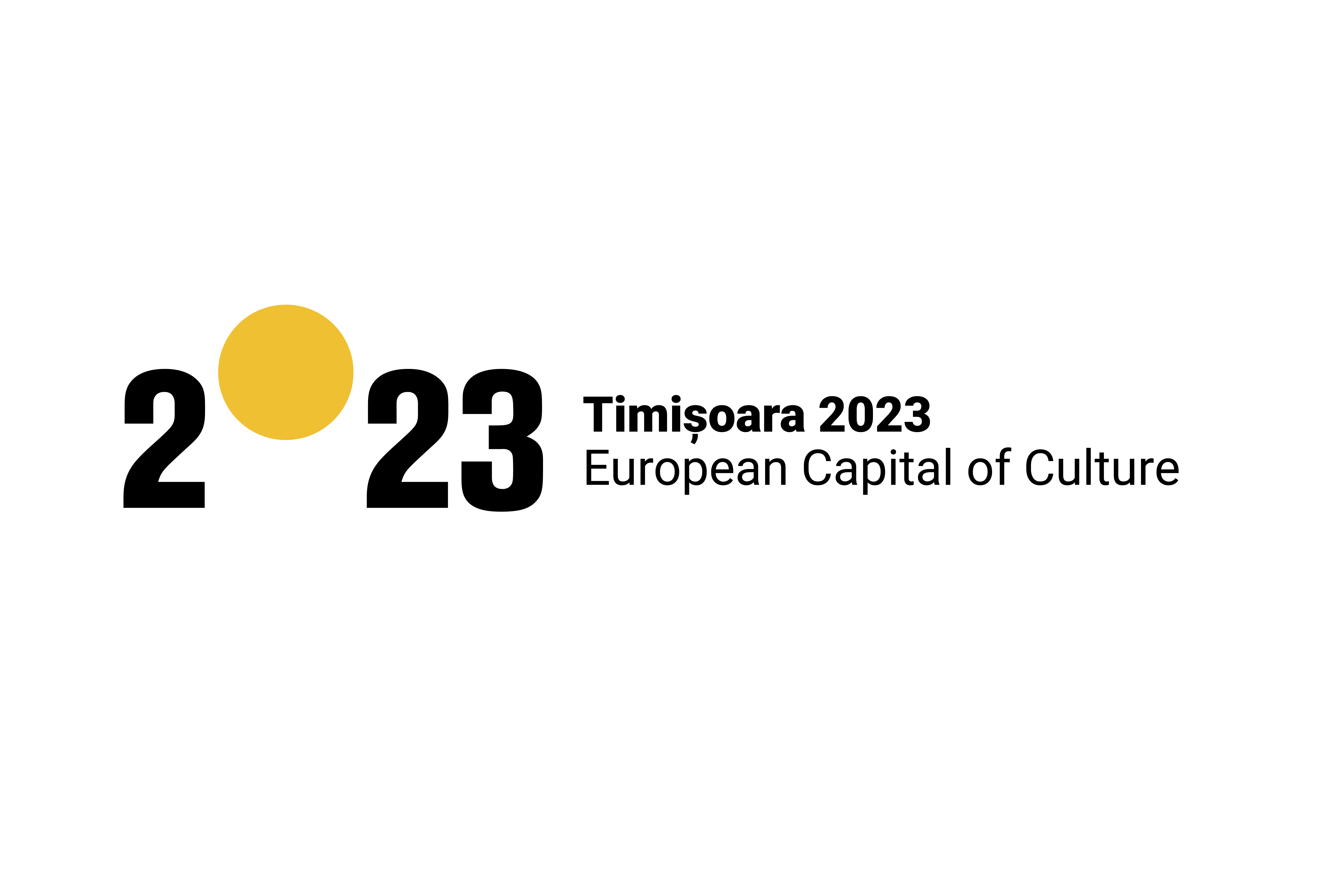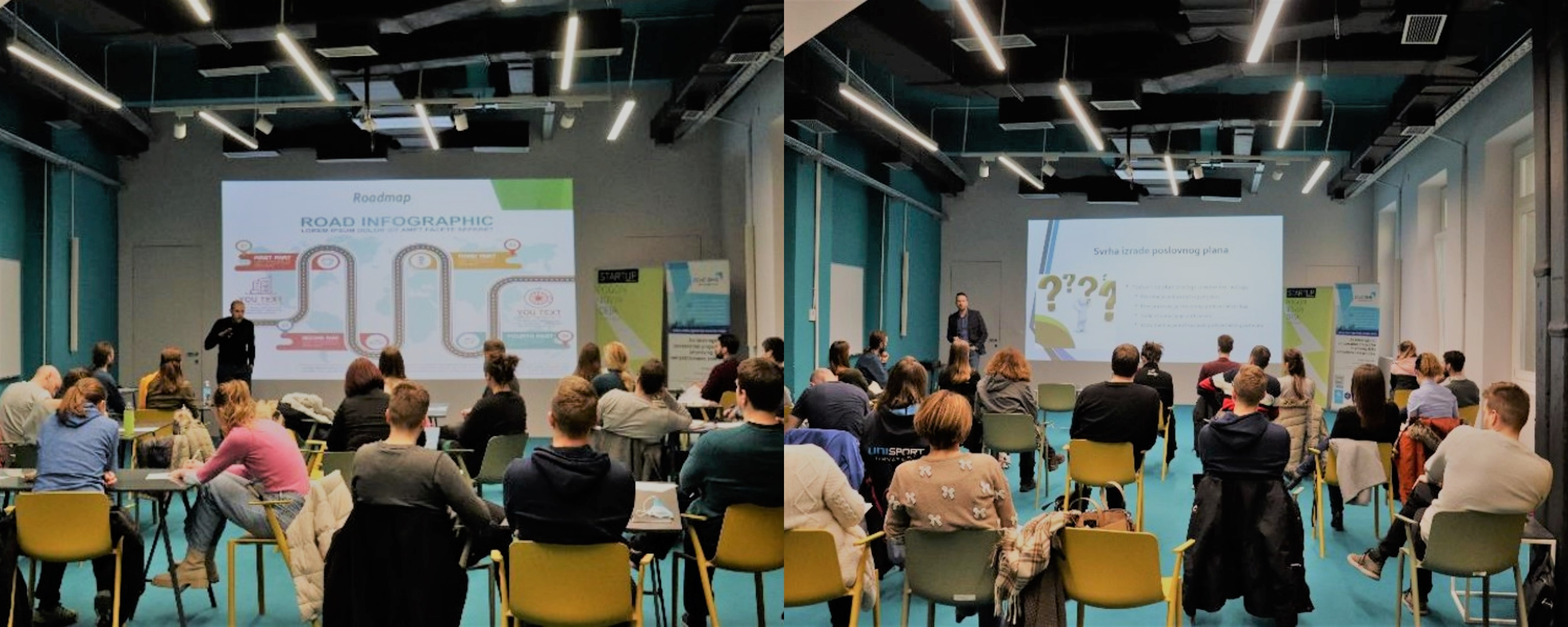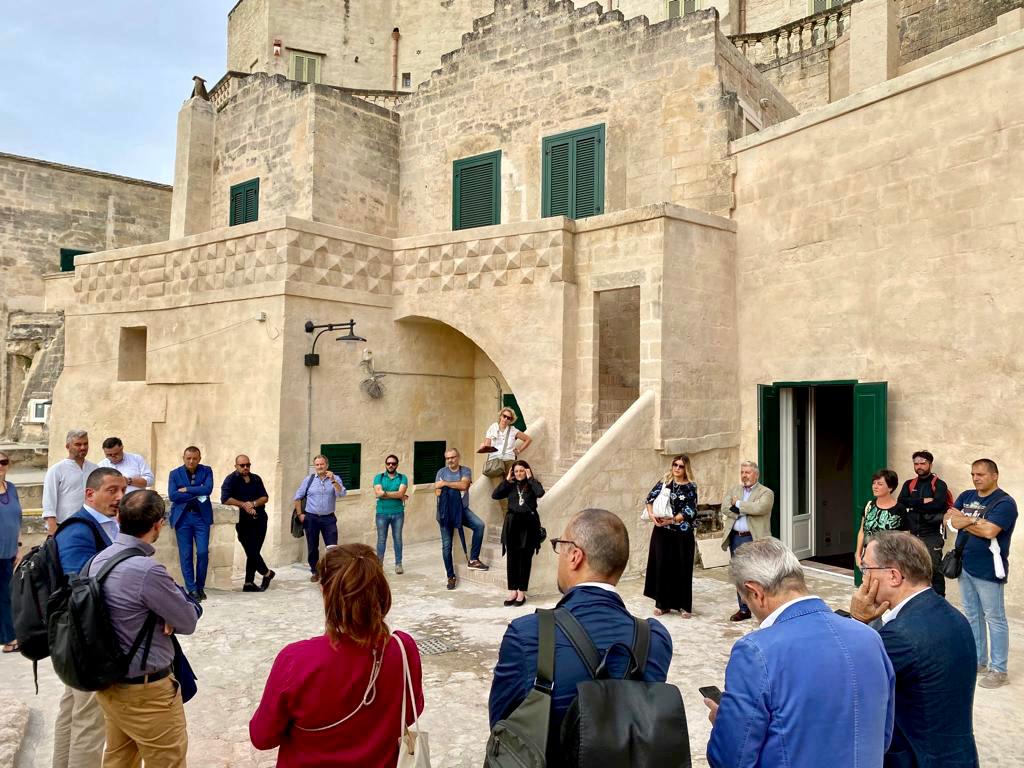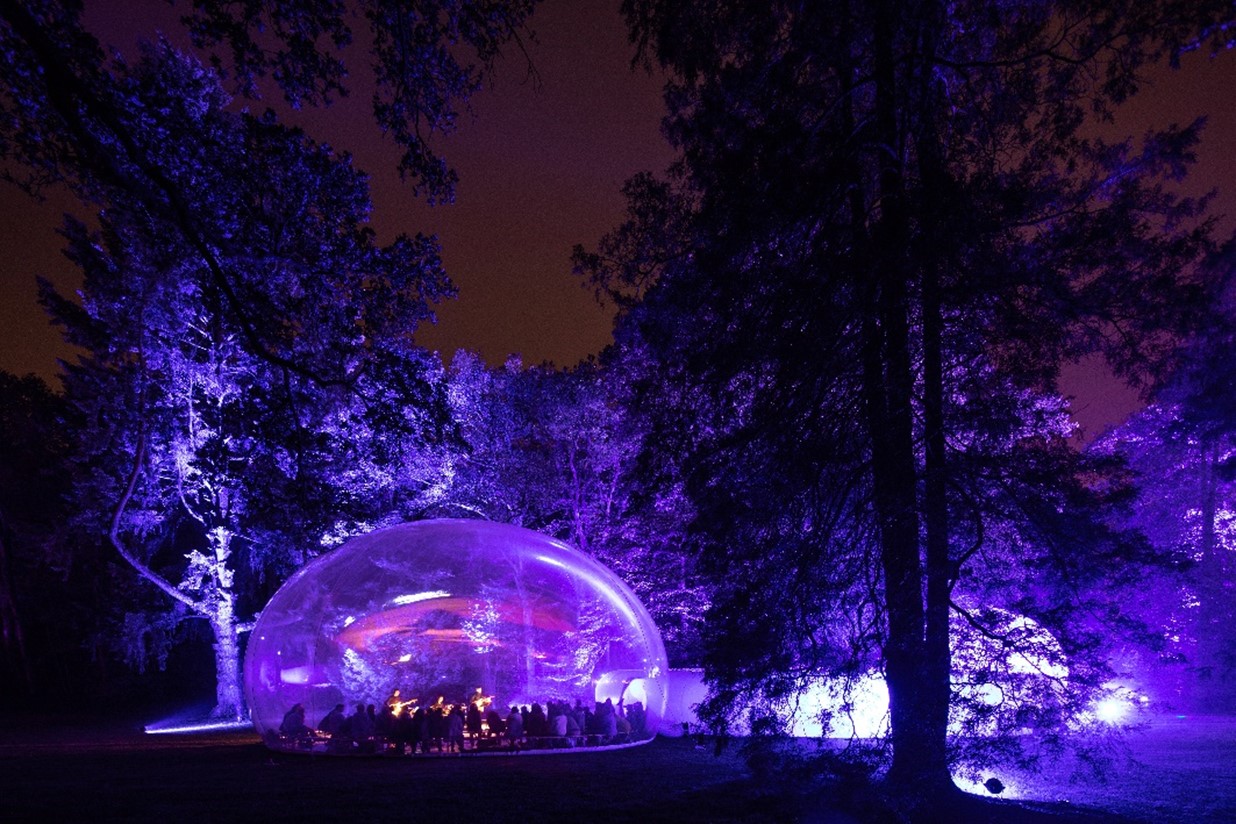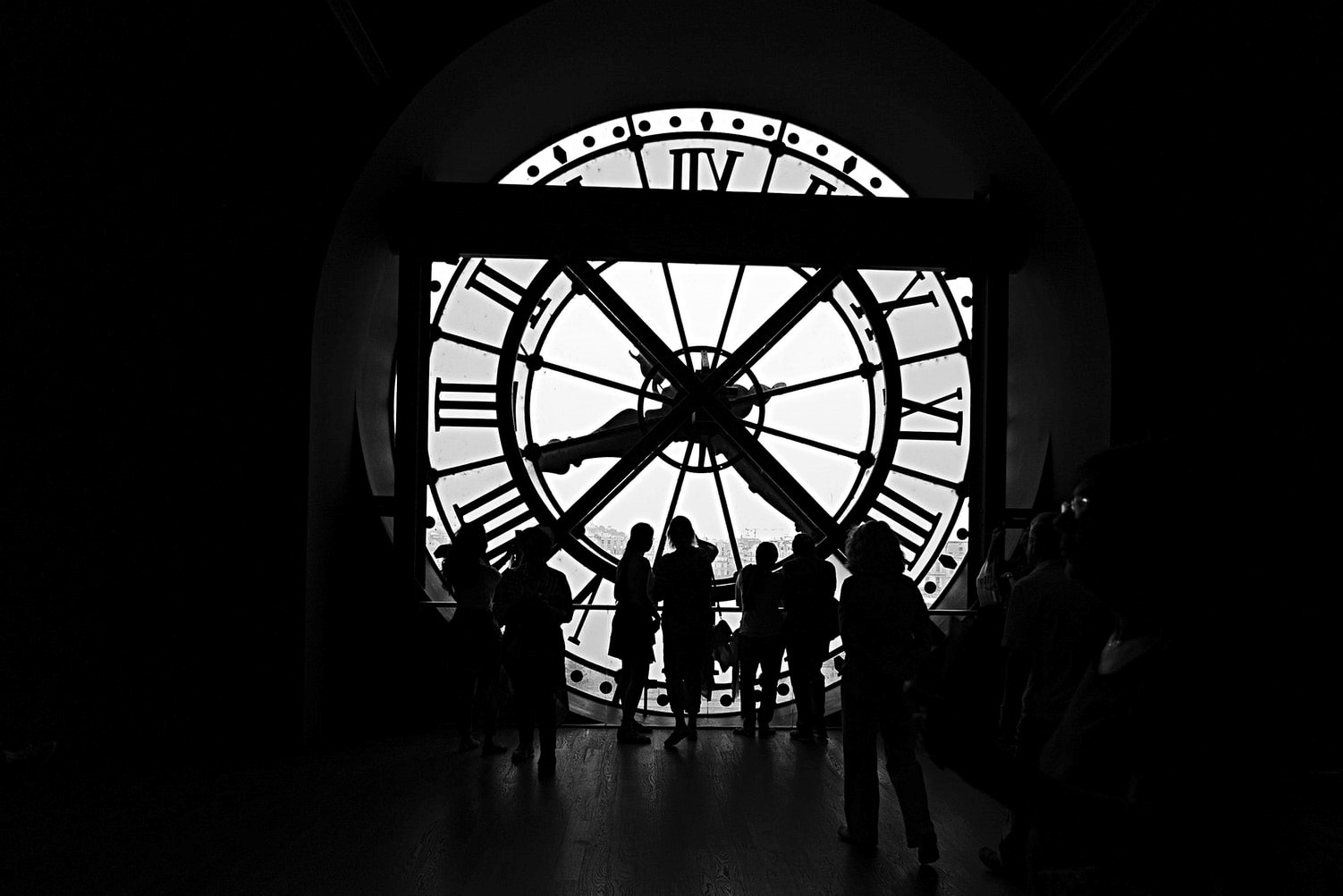Timisoara’s third Local Learning Lab (LLL) brought the very essence of the ECoC-SME project into discussion: how to capitalise on a mega-event like the European Capital of Culture (ECoC) to trigger, strengthen and diversify local entrepreneurship through creative and innovative cross-sectoral cooperation, clustering and networking.
A summary of the event was featured on 13th October issue of the regional daily newspaper Ziua de Vest.
Cross-sectoral partnerships, networks and clusters: how to capitalise on a mega-event like the European Capital of Culture On 8th October, Timisoara organised a new Local Learning Lab on "Cross-sectoral partnerships, networks and clusters: how to capitalise on a mega-event like ECoC". The event aimed to analyse the existing situation in Timișoara and the region concerning cross-sectoral partnerships, networks, clusters, and highlight the expectations and opportunities for cross-sectoral cooperation between business, the cultural and creative industries, the information technology and communication (IT&C) and the academic sectors. The information collected within the Local Learning Labs, as well as the exchange of good interregional practices between the project partners, is the basis on which an Action Plan will be developed that aims to grow and innovate SMEs, in the context of the European Capital of Culture (ECoC) mega-event and its heritage. See the original text in Romanian: Parteneriatele trans-sectoriale, rețele și clustere: cum valorificăm un mega-eveniment ca și CEaC |
Several collaborative networks in the region were identified. However, they were established solely to fulfil a requirement, i.e. cooperation for mutual benefits, or joint application to funding opportunities. Their local impact is yet to be seen. Furthermore, the existing partnerships with a visible impact are based on interpersonal relationships, not on intersectoral or interinstitutional ground.
Cross-sector synergy is still present in isolation, and is receiving growing recognition as the key to sustainable, systemic and resilient development. A notable example is Creativa, an open platform developed by Faber for the creatives. The role of Creativa is three-fold: first, it is an interactive tool that presents the cultural and creative potentials of Timisoara. Secondly, it is an open forum for creative answers to various challenges. Thirdly, it offers an environment for creative exposure, and a resource for creative impulses.
Creativa, in its support for the creative sector, also aims to bring their activities cross-sectoral and profitable. Currently, 145 creatives are listed on the platform, under 11 sectors (Architecture and Design, Audio-visual, Communication, Crafts, Performing arts, Education and Research, Music, Culinary art, Production and Cultural Management, Visual arts, Publishing, Writing and Editing) and in 116 professional categories.
Existing good practices from other cross-sectoral cooperation efforts were studied. A possible solution is to create an internship programme which serves as a bridge between the academic and creative sector. A similar approach was jointly adopted by the Faculty of Arts and Design and The Romanian Sustainable Energy Cluster (ROSENC).
Cross-sectoral partnerships outside Timisoara were also discussed, with examples of the impacts that culture has on developing communities in Timisoara Growth Pole and the West region. One example is the Garana Jazz Festival, which started as an initiative in Timisoara, and later found its host location in Garana – a small village located approx. 100km to the southeast of Timișoara, hidden in the Western Carpathians. The festival thus benefits both the Garana community and the neighbouring villages through tourism and hospitality services.
A discussion with the representative of the Timisoara Capital of Culture Association revealed possible adaptations of the ECoC programme which, in the legacy years, could generate cultural impacts for the Timsioara Growth Pole as well. Additionally, as the title year is postponed to 2023 due to the Pandemic, Timisoara Capital of Culture Association plans to engage the cultural and creative sector in the completion of the existing bid book with new initiatives.
